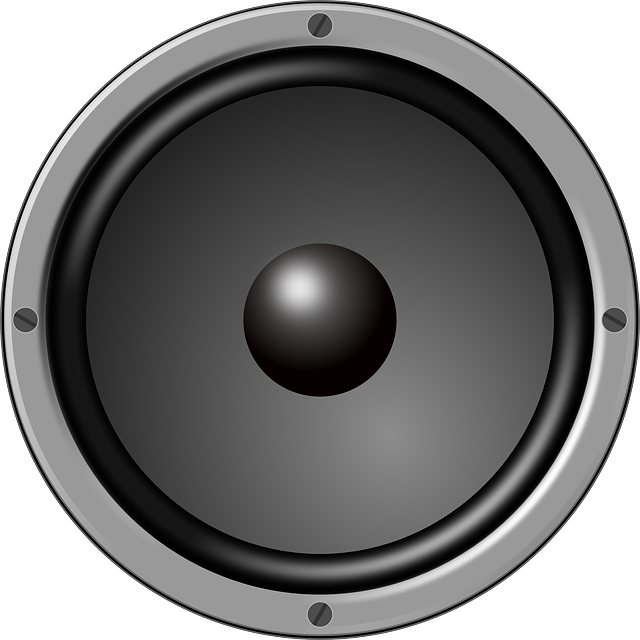https://aiode.com/product are revolutionizing musical creation by using artificial intelligence to generate melodies, harmonies, and automate editing tasks, learning from extensive datasets and unlocking vast creative potential for musicians. These tools, like Amper Music, AIVA, and Magenta, expedite the creative process, enhance production quality, and foster global collaboration, making music production more accessible and dynamic. As these tools gain traction, navigating ethical concerns around copyright, intellectual property, and job displacement is crucial to ensure AI enhances human creativity rather than replaces it. The future of music production looks promising with increasingly sophisticated AI music tools that democratize creation and enable exploration of new sonic territories.
“Unleash your creativity with the power of AI music tools—the game-changer revolutionizing the music industry. This comprehensive blog is a musician’s haven, offering an immersive journey into the world of artificial intelligence and its applications in music production. From understanding the fundamentals to exploring cutting-edge software, we demystify AI music tools for beginners. Discover how AI is reshaping musical composition, fostering collaboration, and pushing creative boundaries. Dive into this essential guide, harnessing the potential of AI music tools for your next musical masterpiece.”
- Understanding AI Music Tools: A Beginner's Guide
- How AI is Transforming Music Production and Composition
- Top AI-Powered Music Creation Software and Applications
- The Impact of AI on Musical Creativity and Collaboration
- Ethical Considerations in Using AI for Music
- Future Trends: AI's Role in Shaping the Music Industry
Understanding AI Music Tools: A Beginner's Guide
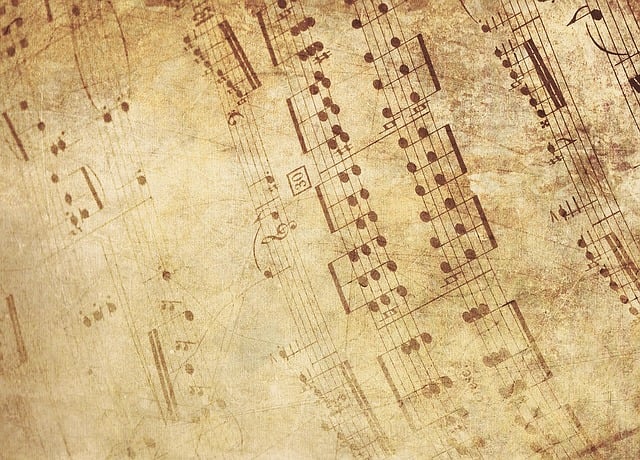
AI music tools are transforming the way musicians create and produce their art. These innovative technologies leverage artificial intelligence to assist in various tasks, from generating melodies and harmonies to automating repetitive editing processes. Understanding how these tools work is crucial for any musician looking to expand their creative horizons.
For beginners, it’s essential to grasp that AI music tools learn from vast datasets of existing musical compositions. They use algorithms to identify patterns, styles, and structures, which they then employ to generate new content. Whether you’re a composer looking for inspiration or a producer aiming to streamline your workflow, these tools offer exciting possibilities. By familiarizing yourself with the basics of AI music generation, composition, and manipulation, you can unlock a world of creative potential.
How AI is Transforming Music Production and Composition
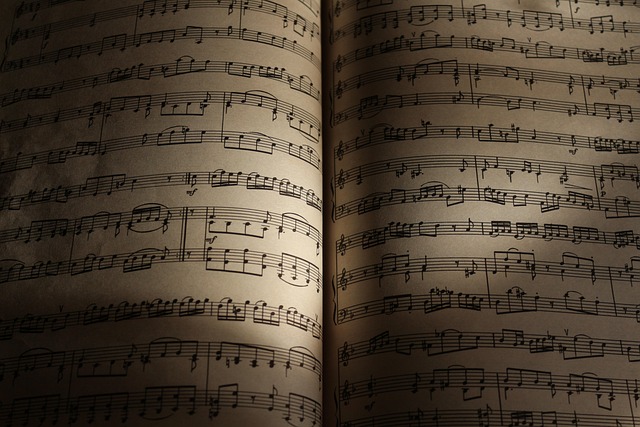
Artificial Intelligence (AI) is revolutionizing the world of music production and composition, offering musicians an array of powerful new tools to create and innovate. AI music tools are capable of generating unique and diverse musical content, from compositions and melodies to entire soundtracks, all with minimal human input. These advanced algorithms can analyze vast amounts of existing music data, learn patterns, and then compose or arrange new pieces in a wide range of styles.
One of the most significant impacts of AI is its ability to streamline the creative process. Musicians can use AI to quickly generate initial drafts of songs, explore different musical ideas, and even discover new sounds and genres. AI music tools also play a crucial role in assisting with tasks like automatic mixing and mastering, ensuring high-quality productions without the need for extensive manual work. This technological advancement promises to democratize music production, making it more accessible to artists with varying levels of experience and resources.
Top AI-Powered Music Creation Software and Applications

The world of music production is witnessing a quiet revolution with the advent of AI music tools. These cutting-edge applications and software are transforming how musicians create, collaborate, and innovate. From generating melodies to enhancing soundscapes, AI technology offers a plethora of options for artists to explore new creative territories.
Some of the top AI-powered music creation tools include Amper Music, AIVA (Artificial Intelligence Virtual Artist), and Magenta by Google. Amper allows users to craft unique songs in various genres with just a few clicks, while AIVA composes original soundtracks for films, ads, and games. Magenta, on the other hand, provides an open-source framework that enables artists to experiment with machine learning models tailored for music generation and transformation.
The Impact of AI on Musical Creativity and Collaboration
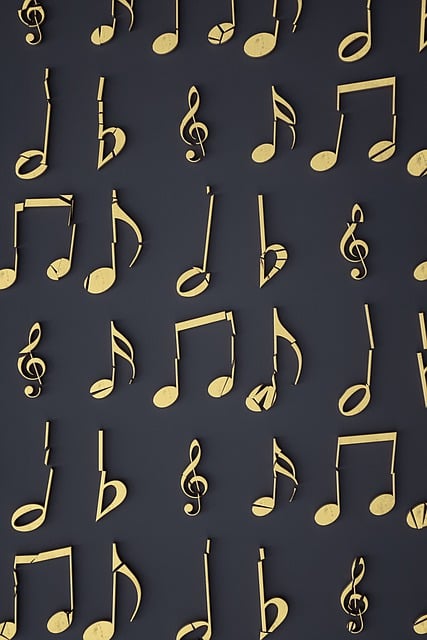
The integration of AI music tools has revolutionized the creative process for musicians and producers, opening up a world of possibilities in musical expression. These advanced technologies offer unprecedented access to a vast array of sounds, styles, and compositions, fostering an environment where imagination can flourish. With just a few inputs, AI algorithms can generate original melodies, harmonizations, and even entire arrangements, providing a rich source of inspiration for artists. This not only speeds up the production process but also encourages experimentation, pushing musical boundaries in exciting new directions.
Furthermore, AI facilitates collaboration on an international scale. Musicians from different parts of the globe can now work together seamlessly, sharing ideas and contributing to compositions without ever meeting face-to-face. AI music tools act as a bridge, connecting creative minds and fostering a diverse and collaborative music scene. This shift towards global cooperation has the potential to shape the future of music, blending unique cultural influences and perspectives to create truly innovative and diverse artistic expressions.
Ethical Considerations in Using AI for Music
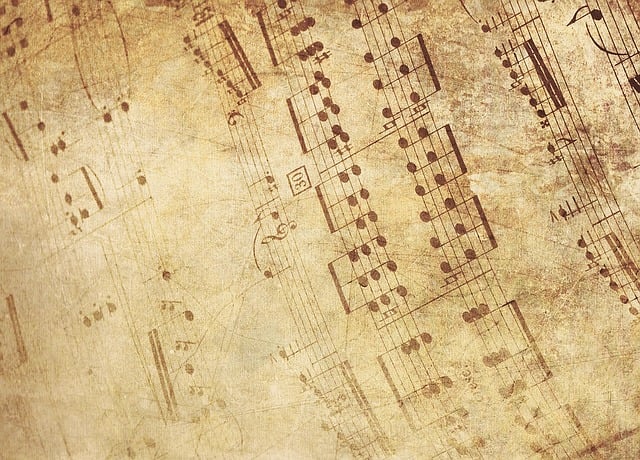
As musicians and producers embrace the capabilities of AI music tools, it’s crucial to navigate the ethical landscape that comes with their use. One primary concern revolves around copyright and intellectual property rights. AI models learn from vast datasets, including copyrighted music. When these models generate new compositions, questions arise about ownership and the potential for unintentional plagiarism. Striking a balance between leveraging AI’s creative potential and respecting existing artists’ rights is essential to maintaining integrity within the music industry.
Additionally, the impact of AI on human creativity and employment must be considered. While AI tools can automate certain tasks and offer novel compositional ideas, they may also raise fears about job displacement for musicians and producers. Responsible integration of AI music tools involves fostering a dialogue around these ethical dilemmas to ensure technology enhances, rather than replaces, human creativity and contributes to the evolution of musical expression while respecting artistic boundaries.
Future Trends: AI's Role in Shaping the Music Industry

The future of music production is here, and it’s powered by artificial intelligence (AI). As AI music tools continue to evolve, they’re revolutionizing the way musicians create, collaborate, and innovate. From generating melodies and harmonies to automating repetitive tasks, these tools are helping artists break down creative barriers and explore new sonic landscapes. The ability of AI algorithms to learn from vast datasets allows them to produce unique and diverse musical outputs tailored to individual preferences.
Looking ahead, AI is poised to play an even more significant role in the music industry. As technology advances, we can expect more sophisticated AI music tools that seamlessly integrate with existing workflows, enhancing productivity and fostering creativity. Imagine a world where musicians collaborate with intelligent agents that understand artistic vision and contribute unique elements, pushing the boundaries of what’s possible in music production. The potential for AI to democratize music creation, making it accessible to a wider audience, is also immense.
In conclusion, AI music tools have emerged as a game-changer in the music industry, revolutionizing production and composition while fostering creativity and collaboration. As we’ve explored through this blog, understanding these tools is essential for musicians and producers navigating today’s digital landscape. From beginner-friendly guides to advanced software, the possibilities are vast. Ethical considerations should be kept in mind as AI continues to shape the future of music, ensuring its responsible use. By embracing these technologies, folks can unlock new levels of artistic expression and explore uncharted territories in sound.
